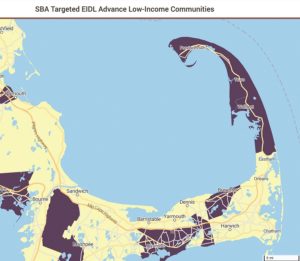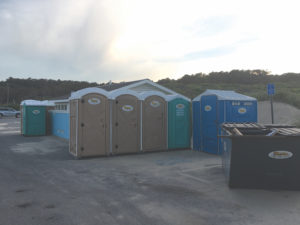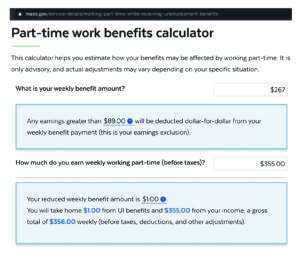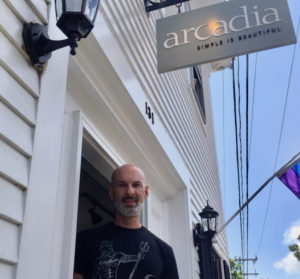PROVINCETOWN — The American Rescue Plan Act (ARPA), which President Biden signed into law on March 11, will siphon a lot of money to Cape Cod’s local governments in the near future.
The Cape’s 15 towns will be splitting about $24 million in direct payments, while Barnstable County will get about $41 million. That’s double the county’s normal annual operating budget of $20 million — a huge infusion of cash, which county leaders hope to use for longstanding infrastructure needs as well as pandemic relief.
The ARPA is the first legislation since the CARES Act of March 2020 to contain state and local aid provisions. Massachusetts received about $2.7 billion from the CARES Act — $500 million went to individual towns; $650 million was put into a small business relief program run by the Mass. Growth Capital Corp.; and smaller amounts were used for schools, Covid testing, contact tracing, personal protective equipment, and even National Guard deployment.
The ARPA makes the CARES Act look modest in comparison, according to the National Conference of State Legislatures (NCSL). The state will receive $4.5 billion directly. Cities and towns will split another $2 billion, and county governments will split another $1.3 billion. In counties without functioning governments, that money will go directly to town governments, according to the Mass. Municipal Association. Cape Cod, however, has one of the most active county governments in the state. Barnstable County’s $41 million will arrive in two installments, in 2021 and 2022.
County leaders are developing plans now for how that money might be spent.
“The ARP identified priorities for the use of these funds,” said County Commissioner Mark Forest. “These priorities are very much in sync with the priorities we have on the Cape: water, sewer, and broadband. The ARP is also seeking to help communities wrestle with the costs and expenses of Covid.”
At their March 17 meeting, the three commissioners discussed the incoming funding and its possible uses.
“This is an opportunity to really look at these big issues and bring people together on how to go forward,” said Commissioner Sheila Lyons. “How do we invest this for the future, wisely, whether it be water, homelessness, housing? This is something we have to be very thoughtful about.”
“We have to put in some work to understand the restrictions of the funding,” said Commissioner Ronald Bergstrom. “I’d like to dump a bunch of money on the economic development council, but we might need legislation to do that.”
According to the NCSL, the money can be used for a relatively wide range of purposes. Water, sewer, and broadband are specifically indicated, as are economic aid to households, small businesses, nonprofits, and the tourism and hospitality industries. The money can also be used to “provide government services affected by a revenue reduction resulting from Covid-19,” and to provide premium pay to essential employees, or grants to their employers. These are all in addition to direct spending on Covid, such as on testing, vaccine distribution, contact tracing, school retrofitting, or PPE.
With so many possible uses, even $41 million could be frittered away quickly. The commissioners directed the county administrator and seven department heads to develop potential plans and bring ideas back to them.
Direct Payments to Towns
Provincetown, Truro, Wellfleet, and Eastham are the four smallest towns on Cape Cod in terms of year-round population, which governs the formulas for direct allocations. Even so, funds allocated directly to those towns may be just as significant as what comes from the county.
Using a population-based formula, the state gave out $500 million of its CARES Act money. Provincetown was allocated $260,000; Truro, $176,000; Wellfleet, $240,000; and Eastham, $429,000.
ARPA gives some money directly to towns, bypassing the state, but the overall numbers this time will be only slightly higher for the Outer Cape. Provincetown is due to receive $292,000 in direct aid from the new law, according to estimates from the Mass. Municipal Association; Truro should receive about $198,000; Wellfleet, about $268,000; and Eastham, about $484,000.
Meanwhile, some of the $4.5 billion the state will be receiving from ARPA will surely find its way to Cape Cod as well, although it’s too soon to guess how it will get here, or when.



 Disaster Loans Show Up
Disaster Loans Show Up

